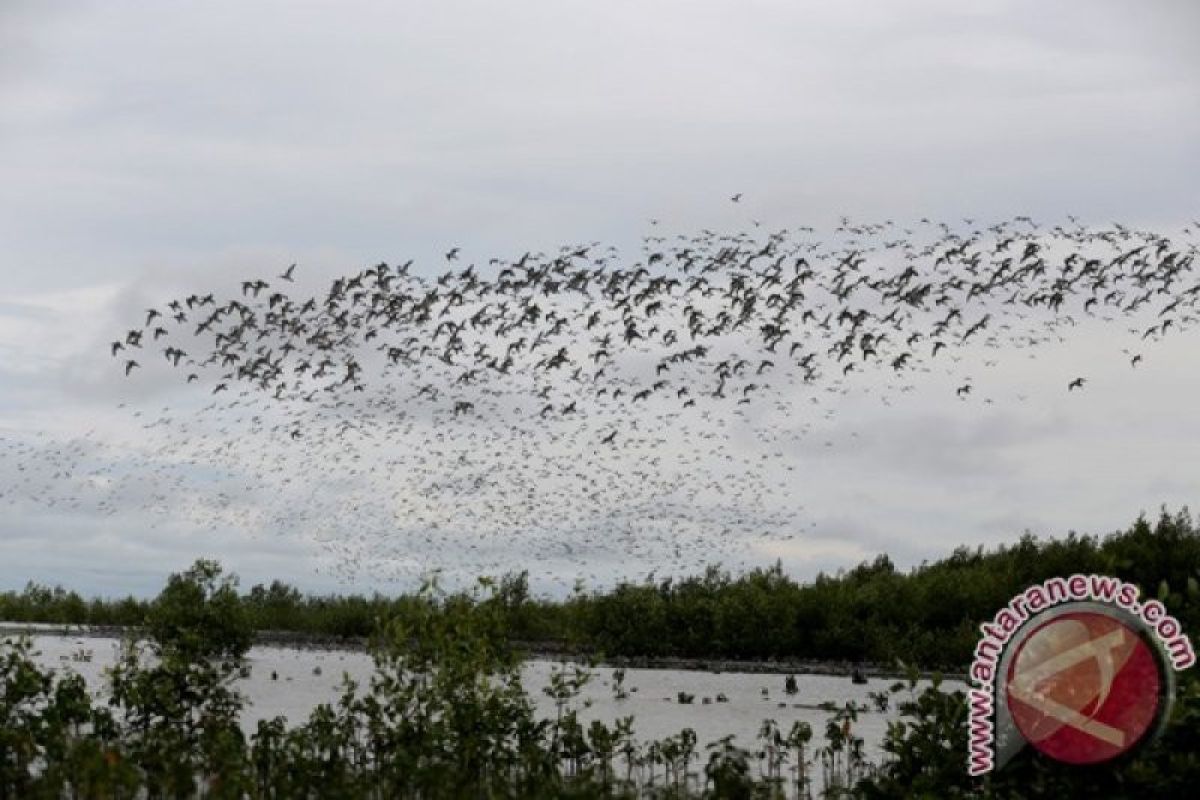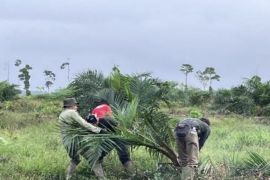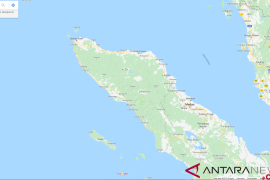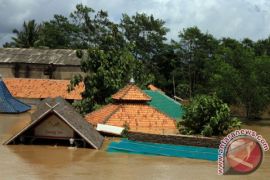The Siberia birds migrate to the national park at the end of every year since they face shortage in fish supplies in their native lands during winter, Chief of the Walhi chapter Hairul Sobri remarked in Palembang, South Sumatra, on Saturday.
"The fish ecosystem in the Sembilang National Park is currently under threat of reduction due to a change in the landscape resulting from the development of the Tanjung Api-Api Special Economic Zone," he pointed out.
The national park covers an area of over 202 thousand hectares comprising mangrove forest vegetation, backswamp, freshwater swamp forest, and peat swamp forest. The special zone will be built next to the national park.
Moreover, the Berbak-Sembilang National Park had been declared a UNESCO World Heritage Site in 2018, as it serves as a habitat for Sumatran tigers, freshwater dolphins, and other protected rare species, which are now on the brink of extinction.
"If the government wants to conserve the environment, it must stop the construction of the Tanjung Api-Api Special Economic Zone, including the port," he noted.
The Walhi chapter of Sumatra believed the characteristics of the area do not make it fit for building a port and industrial estate, as the project will affect the ecosystem on which thousands of fishermen rely for their livelihood to catch fish, he cautioned.
He highlighted a change in the forest functions and the destruction of mangrove forest at the location of the special economic zone. Consequently, the houses of local residents have frequently been inundated.
"Not only Siberia birds but 38 thousand residents will also be affected if the development of the Tanjung Api-Api Special Economic Zone continues," he added.
Translator: Aziz Munajar/Suharto
Editor: Bambang Purwanto
Copyright © ANTARA 2019








